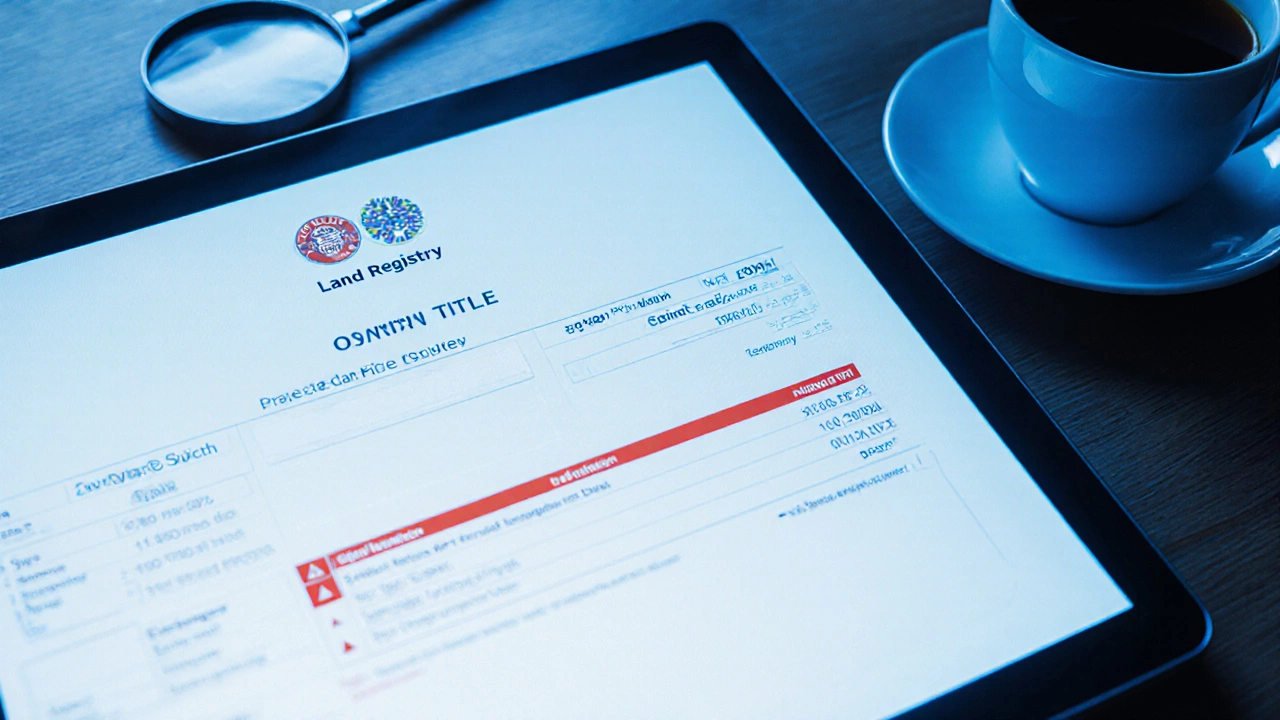Title Deed: What It Is and Why It Matters for Property Buyers in India
When you buy a home in India, the most important paper you’ll ever hold isn’t your brochure or your payment receipt—it’s the title deed, the legal document that proves you own a piece of land or property. Also known as a property deed, it’s the only thing that stops someone else from claiming your house, even if you’ve lived there for years. Without it, you don’t legally own the property—no matter how many keys you have or how much you paid.
A title deed, the legal document that proves you own a piece of land or property includes details like the full names of buyer and seller, property boundaries, survey numbers, and the date of transfer. It’s signed, stamped, and registered with the government. In places like Shriram Chirping Woods, where land records can be messy, this document is your shield. If the seller didn’t own it legally, or if there’s an old lien or dispute, your title deed will show it—or reveal that it’s missing. That’s why smart buyers always check the chain of ownership back at least 30 years.
You also need to understand how property documentation, the collection of legal papers that prove ownership and rights to a property works. A title deed isn’t the only paper you need. You’ll also want the sale deed, property tax receipts, encumbrance certificate, and approved layout plans. These aren’t just formalities—they’re your safety net. If a builder claims a plot is free of disputes but skips the encumbrance certificate, you could inherit someone else’s legal mess. And if you’re renting out your property later, a clear title deed is what banks and tenants look for before signing anything.
Many people think once they pay for a home, the deal is done. But in India, ownership isn’t settled until the title deed is properly registered. That’s why so many disputes happen years later—because the paperwork was rushed, fake, or never filed. A title deed isn’t just a formality. It’s your right to sell, lease, or pass on your home to your family. Without it, you’re living on someone else’s permission.
What you’ll find in the posts below are real stories and guides about how title deeds work in practice: what to check before buying, how to fix a bad title, what happens if you lose the original, and why some sellers try to skip the process altogether. Whether you’re buying your first home in Shriram Chirping Woods or investing in land, these posts give you the no-fluff facts you need to protect your investment.

What Refers to Proof of Property Ownership? Understanding Title Deeds and Registration
Proof of property ownership in Australia is established through official registration on the land titles system. A title deed or electronic record is the only legal proof-contracts and bills don't count.




